First 100 days in office: Egyptian President Abdul Fattah al-Sisi
-
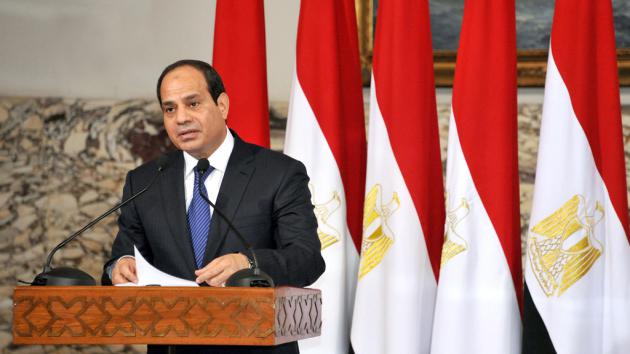
Before being elected president earlier this year, Abdul Fattah al-Sisi was head of Egypt's armed forces. He resigned from this post at the end of March in order to run for president. His resignation came nine months after the ousting of President Mohammed Morsi, the country's first democratically elected president, who had made Sisi commander-in-chief of the armed forces. -
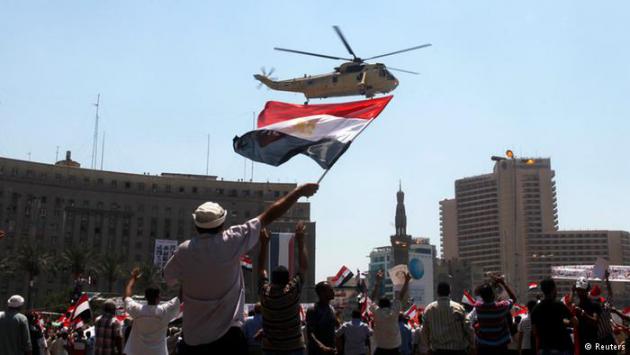
July 2013: the dawn of a new (old) era. After President Mohammed Morsi was deposed in July 2013, Abdul Fattah al-Sisi announced a roadmap for the future of the country. While his followers were ecstatic, his political opponents accused him of organising a coup and clamping down on civil liberties even more than his predecessor. Pictured here: people publically celebrating the overthrow of President Mohammed Morsi. -
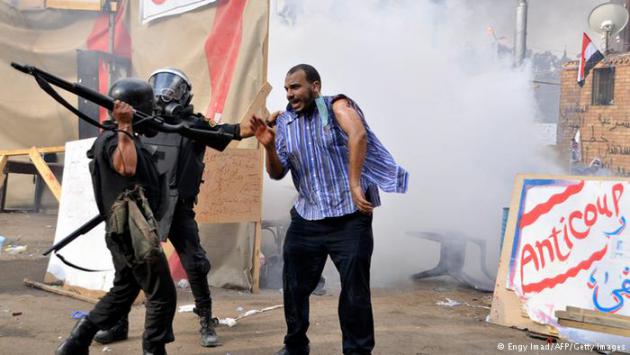
August 2013: trail of blood. It was Sisi who gave orders for the pro-Morsi protest camps on Cairo's Rabaa Adawiyya Square to be cleared. The storming of the camps turned into a bloodbath. According to the organisation Human Rights Watch, more than 800 demonstrators were killed in the massacre on 14 August 2013. Sisi was accused of committing serious crimes against humanity. -
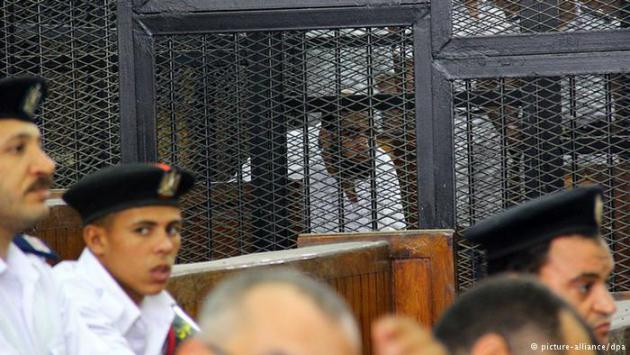
March/April 2014: draconian sentences. Since Morsi's fall, Egypt's government and judiciary have taken drastic action against the Muslim Brotherhood. In late 2013, the movement was banned as a "terrorist organisation"; in March 2014, after a trial lasting just two days, an Egyptian judge sentenced over 500 supporters of the brotherhood to death. Proceedings against Morsi himself are also ongoing. Amnesty International has expressed concern at the substantial deterioration in human rights in Egypt. -
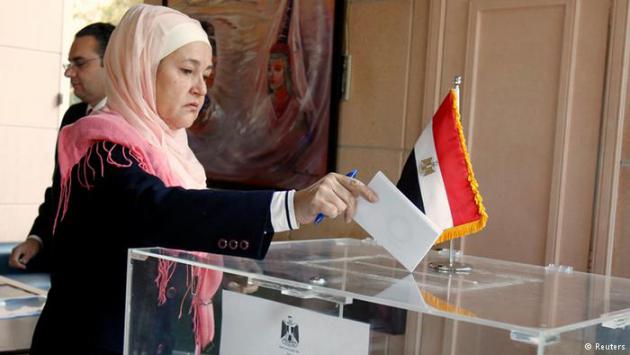
May 2014: foregone conclusion. Sisi's victory in the presidential elections this summer came as a surprise to no one. He garnered 97 per cent of the votes cast. Voter turnout was, however, low at only 47 per cent. -
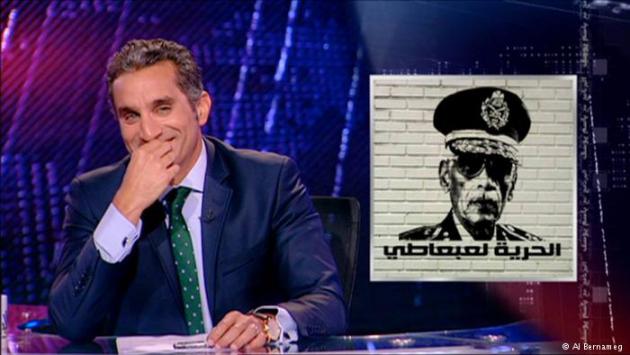
June 2014: satire not welcome. The well-known Egyptian political satirist Bassem Youssef (pictured here) cancelled his popular television show "Al Bernameg" (The Programme) and said he had no plans to resume it anytime soon. The broadcasting station had been putting too much pressure on him and his team, he said, adding: "I am tired of struggling and worrying about my safety and that of my family." Other journalists and writers are also lamenting the increasing crackdown on the freedom of the press. -
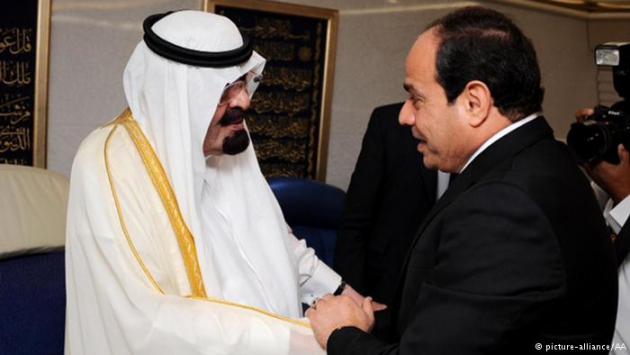
June 2014: new regional alliances and strategic partnerships. Saudi King Abdullah bin Abdul Aziz was one of the first heads of state to congratulate al-Sisi on his electoral victory. He is pictured here on his visit to Cairo in late June. For Saudi Arabia, Egypt is an important ally against both the Muslim Brotherhood and Iran. The royal house promised Egypt US$1 billion in support for the fight against "terrorism". -
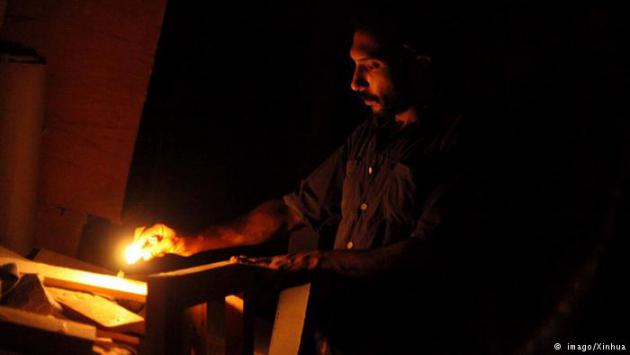
July 2014: an economy teetering on the brink. In July, Sisi's government announced a cap on the country's high fuel subsidies. The president referred to the decision as a necessary "bitter pill". The government also plans to tax capital gains and to increase electricity prices over the next five years. This last announcement came as a shock for the poor: with some 34 million Egyptians living below the poverty line, nearly one third of the national budget goes toward subsidies for food and fuel. -
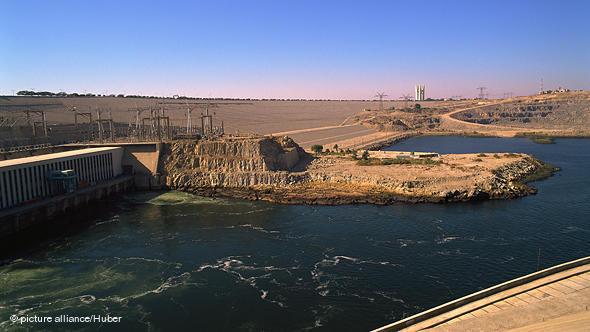
August 2014: the dream of a new Egypt. In early August, President Sisi unveiled plans to build a "new Suez Canal". The new canal will be an extra lane for the existing Suez Canal (pictured above), 72 kilometres long and will be built parallel to the existing waterway. The intention is that the new channel will ease traffic on the 163-kilometre-long passage. Budgeted at US$4 billion, the extension is to be completed in five years at the latest. -
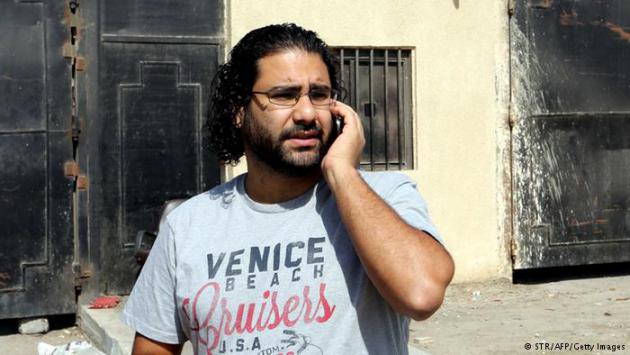
September 2014: freedom for democracy activists. A Cairo court released 25 Egyptian democracy activists on bail on 15 September 2014, among them the popular blogger Alaa Abdel Fattah (pictured here). Fattah had protested last autumn against the law on demonstrations. The conviction of Abdel Fattah and other activists was greeted with dismay and concern across the world.
https://qantara.de./en/node/35268
Link
To all image galleries
